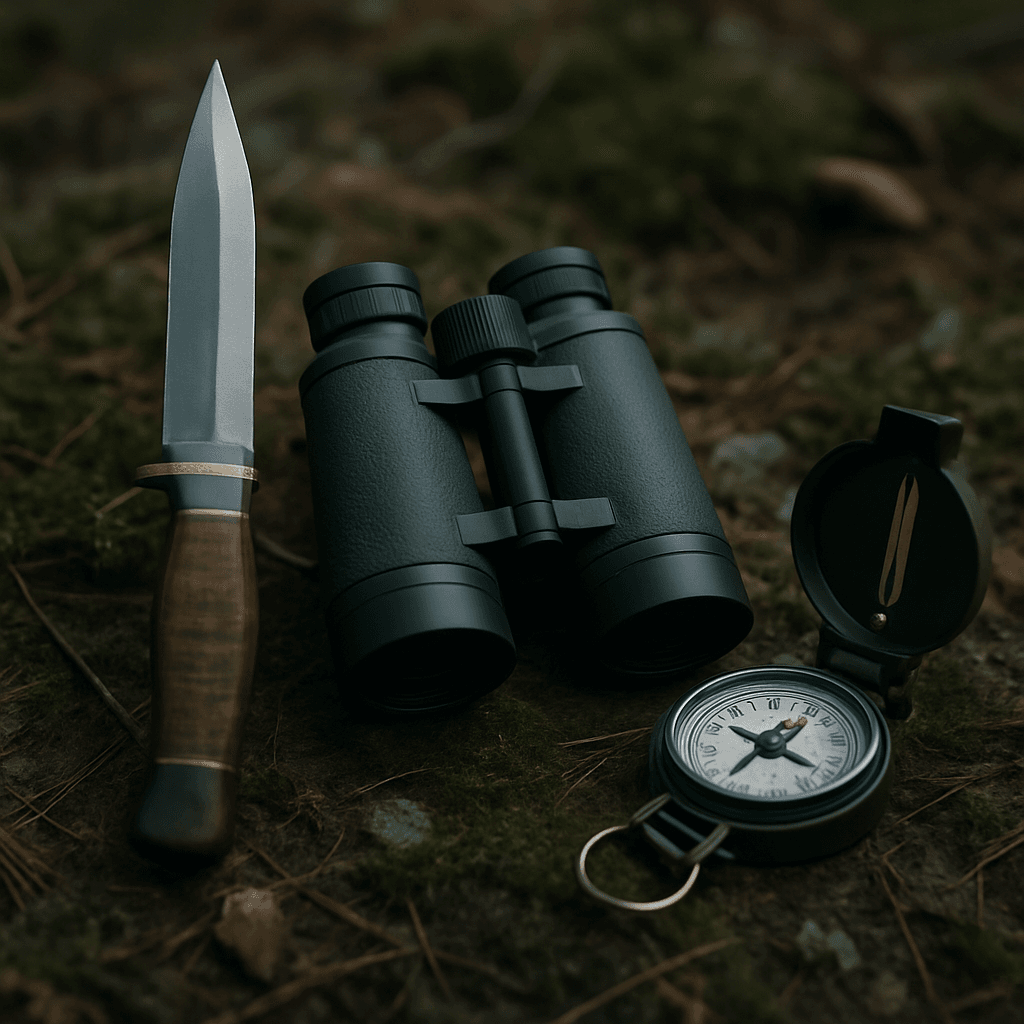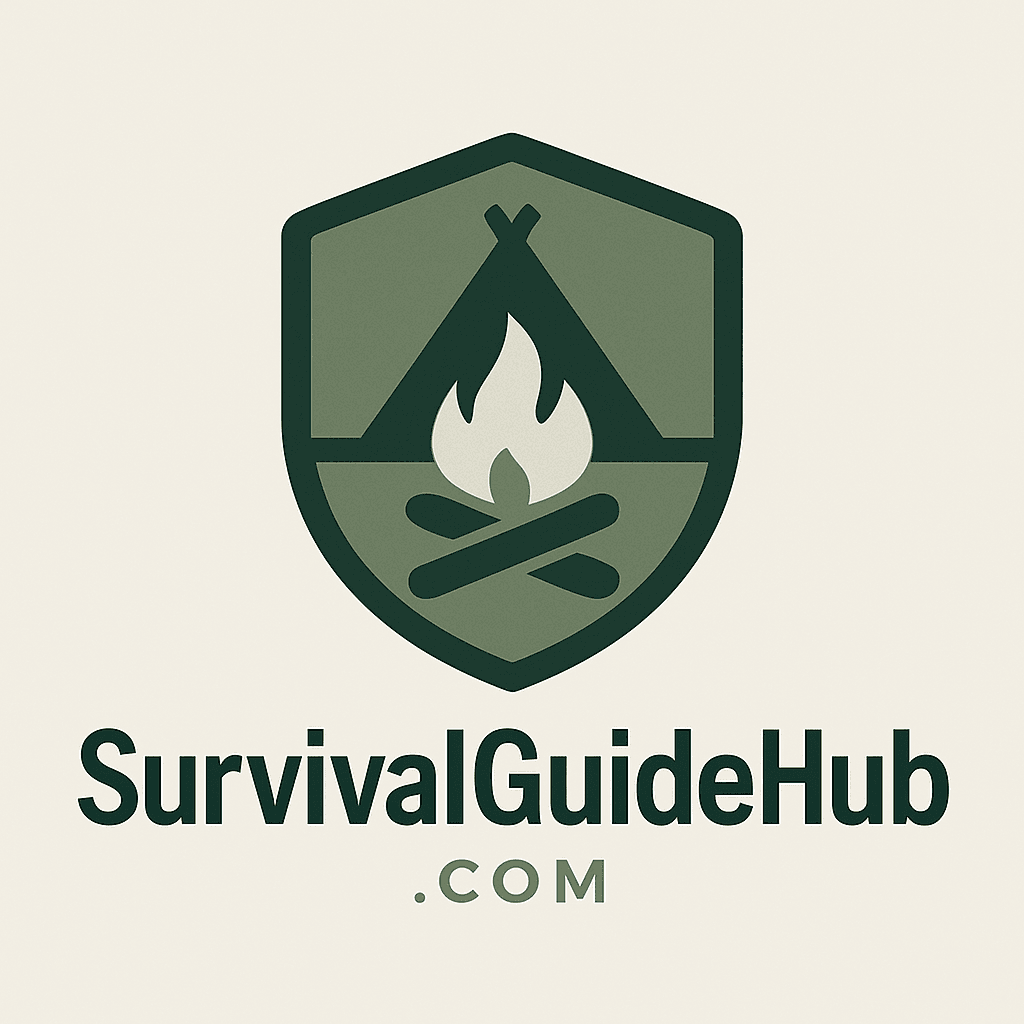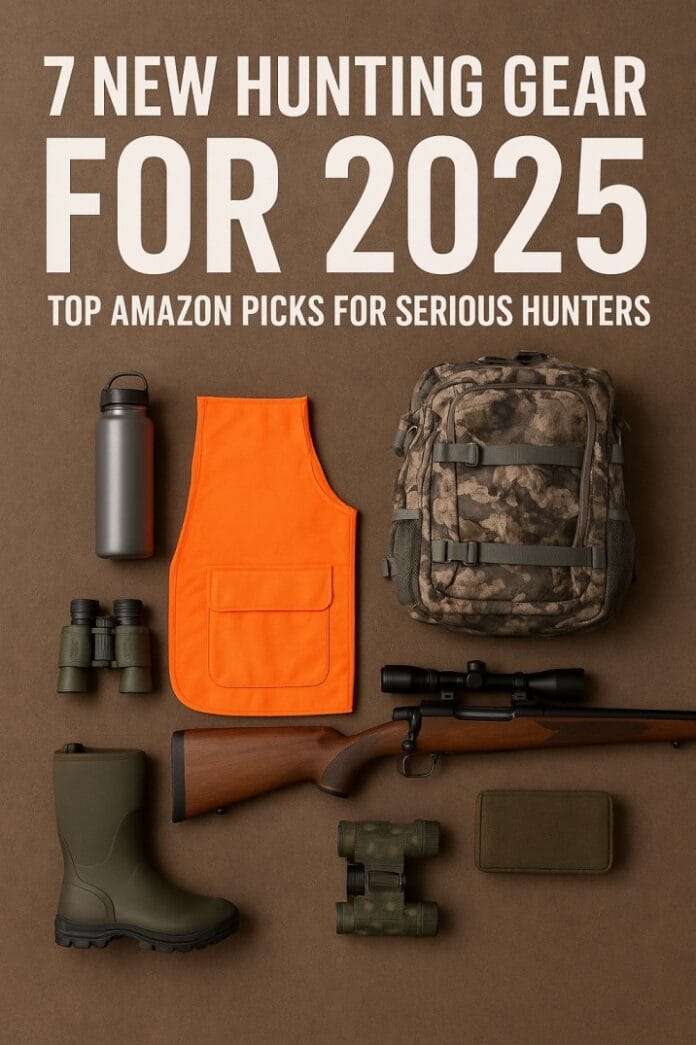The Ultimate Hunting Guide
What Is Hunting and Why Do People Do It?
Hunting is the practice of tracking and harvesting wild animals for food, sport, population control, and conservation. It dates back thousands of years and remains a deeply rooted tradition across cultures.
In our experience, people hunt for a variety of reasons:
- Self-sufficiency: Harvesting your own meat is sustainable and rewarding.
- Recreation: Time spent in nature is therapeutic and energizing.
- Wildlife management: Regulated hunting helps balance animal populations.
- Tradition: Many hunters carry on family legacies or cultural heritage.

How Do You Start Hunting as a Beginner?
- What Gear Do You Need to Start Hunting?
To get started, you need some essential gear. Here’s a quick list:
- Hunting License & Permits: Always check local laws.
- Weapon: Rifle, bow, or shotgun depending on your game.
- Clothing: Camouflage, waterproof boots, blazed orange vest.
- Optics: Binoculars and quality scope.
- Knife: A reliable field dressing knife is a must. We recommend the Buck Knives 119 Special for durability and value.
- Backpack: Rugged, with compartments for gear and meat. Check out the ALPS OutdoorZ Pursuit Pack for versatility.
We’ve tested dozens of products over the years, and those two consistently outperform the competition.
- What’s the Easiest Game for Beginners?
Small games and upland birds are often the best starting point:
- Rabbits and squirrels: Plentiful, forgiving of mistakes, and great for learning.
- Ducks and pheasants: Offer exciting action and tasty rewards.
- Do You Need a Hunting License?
Yes. Every state and country have its own regulations. Typically, you’ll need:
- A hunter safety course certificate.
- State-issued license and tags for the species you’re pursuing.
Visit your state’s fish and wildlife department website for specifics.
How Can You Hunt Ethically and Legally?
- Know the laws: Seasons, bag limits, and weapon restrictions matter.
- Respect private property: Always get permission before hunting on private land.
- Take ethical shots: Never shoot beyond your ability.
- Use all the animal: Minimize waste. Learn proper field dressing and meat preservation.
What Are the Different Types of Hunting?
Each style requires different tactics and gear:
- Still Hunting: Slow, stealthy walking to spot game.
- Stand Hunting: Waiting from a tree stand or blind.
- Spot and Stalk: Glassing from afar, then moving in.
- Drive Hunting: Coordinated movement to flush game.
- Calling: Mimicking animal sounds to lure them.
We recommend beginners start with stand hunting — it’s simple and teaches patience and animal behavior.
What Are the Best Hunting Tools and Accessories?
Must-Have Accessories
- Rangefinder: For accurate distance before shooting. Vortex Ranger 1800 is a top pick.
- Headlamp: Crucial for early mornings. Try the Black Diamond Spot 400.
- Game Calls: For deer, turkey, or elk.
- Scent Control: Use sprays like Dead Down Wind Evolve 3D to stay undetected.
Optional But Helpful
- Game Camera: Monitor animal movement before hunts.
- GPS or Satellite Messenger: Safety is key in remote areas.
What Are the Safety Tips Every Hunter Should Know?
- Treat every firearm as if it’s loaded.
- Always identify your target and what’s beyond it.
- Wear orange blaze in firearm seasons.
- Let someone know your hunting plan.
- Stay hydrated and aware of weather conditions.
A key lesson we learned: A small emergency kit with a whistle, lighter, and thermal blanket can make a life-saving difference.
How Can You Learn to Be a Better Hunter?
- Mentorship: Go with an experienced hunter.
- Practice: Hit the shooting range regularly.
- Scout Often: Learn terrain and animal behavior.
- Keep a Journal: Note times, conditions, and sightings.
Check out our in-depth guides on tracking techniques, best times to hunt, and advanced shooting tips.
FAQ: Hunting Basics and Beyond
Is hunting sustainable?
Yes — when regulated, hunting supports wildlife management and habitat conservation.
Can you hunt year-round?
No. Seasons vary by species and region. Always check your local regulations.
Do you need to be fit to hunt?
Fitness helps, especially in rugged terrain. But anyone can start small and build endurance.
What’s the best time of day to hunt?
Typically, early morning and dusk are prime times when animals are most active.
Is bowhunting harder than rifle hunting?
It requires more skill and practice due to shorter range and greater stealth.
Final Thoughts
Hunting is more than a sport — it’s a lifestyle. Whether you’re drawn to it for food, tradition, or the challenge, the journey is deeply rewarding. With the right gear, mindset, and respect for nature, anyone can become a skilled hunter.
Stay safe, hunt smart, and never stop learning.
For more expert tips, gear reviews, and wilderness survival strategies, explore the rest of SurvivalGuideHub.com.
Affiliate Disclosure: This article may contain affiliate links. We may earn a commission if you make a purchase through one of these links, at no additional cost to you. We only recommend products we use and trust.
To read more, please check: Hunting



